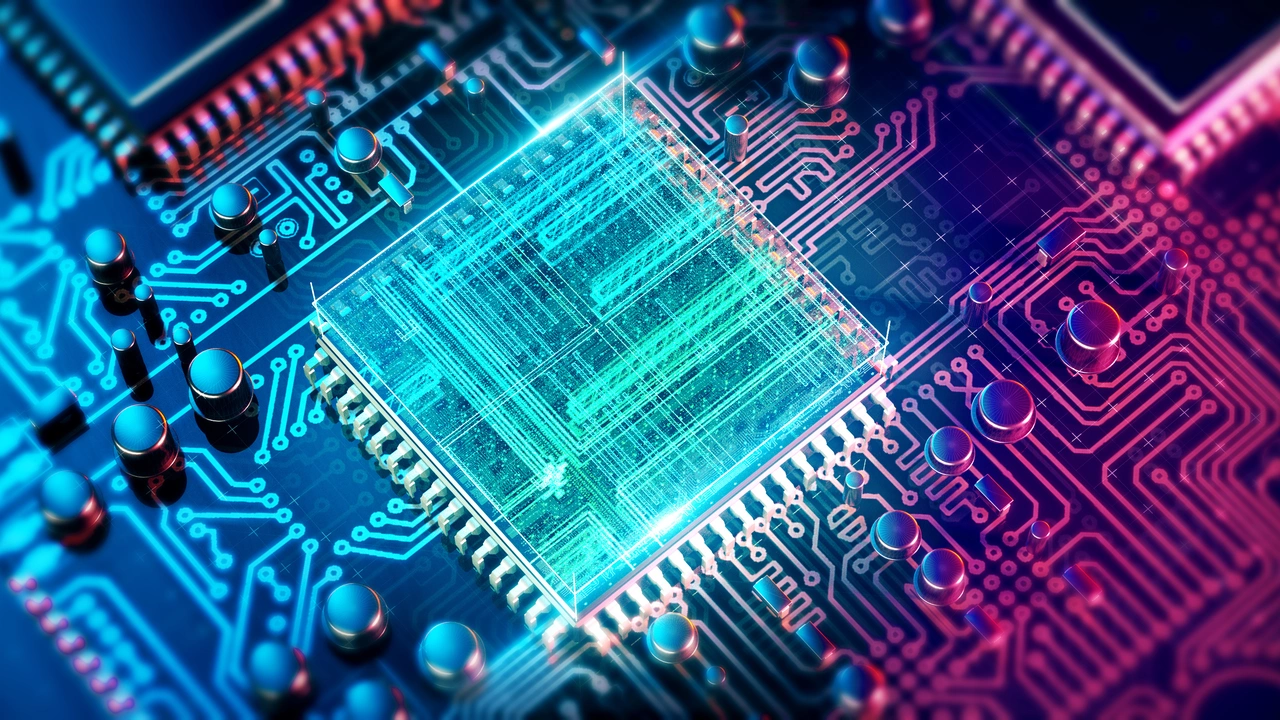Introducing Quantum Computing
What is quantum computing? If you're a technology enthusiast, you've probably come across this term. Quantum computing is a type of computation that uses quantum bits, also known as qubits, to process information. Unlike classical bits, which can be either a 0 or a 1, qubits can be both at the same time. This quantum superposition, along with quantum entanglement, allows quantum computers to tackle complex computational problems a lot faster than traditional computers.
But how does all this work? Let's dive into the fascinating world of quantum computing to understand its potential and how it's set to revolutionize our future.
Understanding the Quantum World
Quantum computing relies on principles of quantum mechanics, a branch of physics that explains the behavior of particles at microscopic levels. The two main principles are quantum superposition and quantum entanglement. Superposition means that a quantum system can exist in multiple states simultaneously. Entanglement, on the other hand, is a phenomenon where quantum particles become interconnected and the state of one instantly influences the other, no matter the distance.
These principles break the boundaries of classical physics and open up a whole new realm of computational possibilities. But it's not all theoretical; real-world quantum computers are being built and tested as we speak.
How Quantum Computers Work
At the heart of a quantum computer are qubits. These are the quantum equivalent of classical bits, but with a twist: they can be in a state of 0, 1, or both at the same time. When qubits are in superposition, they can perform multiple calculations simultaneously, drastically increasing the computational power of a quantum computer.
Quantum computers also use quantum gates to perform operations on qubits. These gates are more powerful than classical logic gates because they manipulate qubits while they are in a state of superposition, effectively performing multiple operations at once.
The Power of Quantum Computers
The power of quantum computers lies in their ability to process vast amounts of data and solve complex problems much faster than classical computers. This is especially useful in fields like cryptography, where quantum computers could crack codes that would take traditional computers billions of years to solve.
But it's not just about speed. Quantum computers can also handle and analyze huge datasets, making them perfect for big data analytics, machine learning, and artificial intelligence. They could revolutionize these fields, leading to breakthroughs we can't even imagine today.
Quantum Computers and Artificial Intelligence
Artificial intelligence (AI) is another area where quantum computers could make a big impact. Quantum machine learning, a subfield of AI, uses quantum computing to improve the efficiency and speed of learning algorithms. This could lead to advancements in AI that are currently beyond our reach with classical computers.
Just imagine AI systems that can learn and adapt at an unprecedented speed, or algorithms that can analyze massive datasets in mere seconds. The possibilities are truly exciting.
Challenges in Quantum Computing
Despite its enormous potential, quantum computing is not without its challenges. One of the biggest hurdles is building and maintaining a stable quantum system. Quantum states are fragile and can be easily disturbed by their environment, a problem known as decoherence.
Another challenge is error correction. Errors in quantum computations can be hard to detect and correct due to the probabilistic nature of quantum mechanics. However, researchers are actively working on solutions for these issues, and we can expect steady progress in the coming years.
The Future of Quantum Computing
So, what does the future hold for quantum computing? While it's hard to predict with certainty, one thing is clear: quantum computing has the potential to revolutionize many fields, from cryptography and big data analytics to AI and even drug discovery.
As technology advances and more resources are poured into research and development, we can expect quantum computers to become more powerful and accessible. And as they do, they will open up new possibilities and opportunities, shaping the future in ways we can only begin to imagine.
Conclusion: Quantum Computing as the Future
Quantum computers are indeed a glimpse into the future. Their potential to solve complex problems, process large amounts of data, and revolutionize fields like AI and machine learning is truly remarkable. While there are challenges to overcome, the progress being made is promising.
As we venture further into the 21st century, quantum computing will undoubtedly play a significant role in shaping our technological landscape. It's an exciting time to be in the field of technology, and I, for one, can't wait to see where quantum computing takes us.
